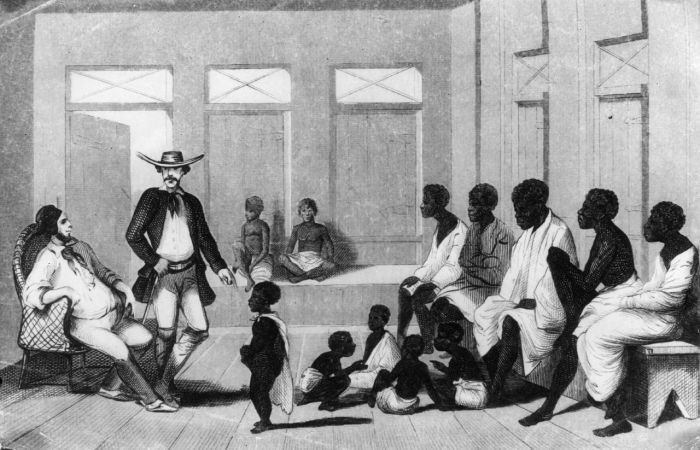Slaven v. City of Salem stands as a pivotal case in the annals of civil rights law, shaping the legal landscape and leaving an enduring legacy that continues to resonate today. This case delves into the complexities of discrimination, challenging the boundaries of equality and justice.
The lawsuit, filed by Beatrice Slaven against the City of Salem, Massachusetts, ignited a fierce legal battle that tested the limits of municipal liability for police misconduct. Slaven alleged that she was subjected to excessive force and false arrest by Salem police officers, highlighting the urgent need to address police brutality and protect citizens from unlawful actions.
Case Summary
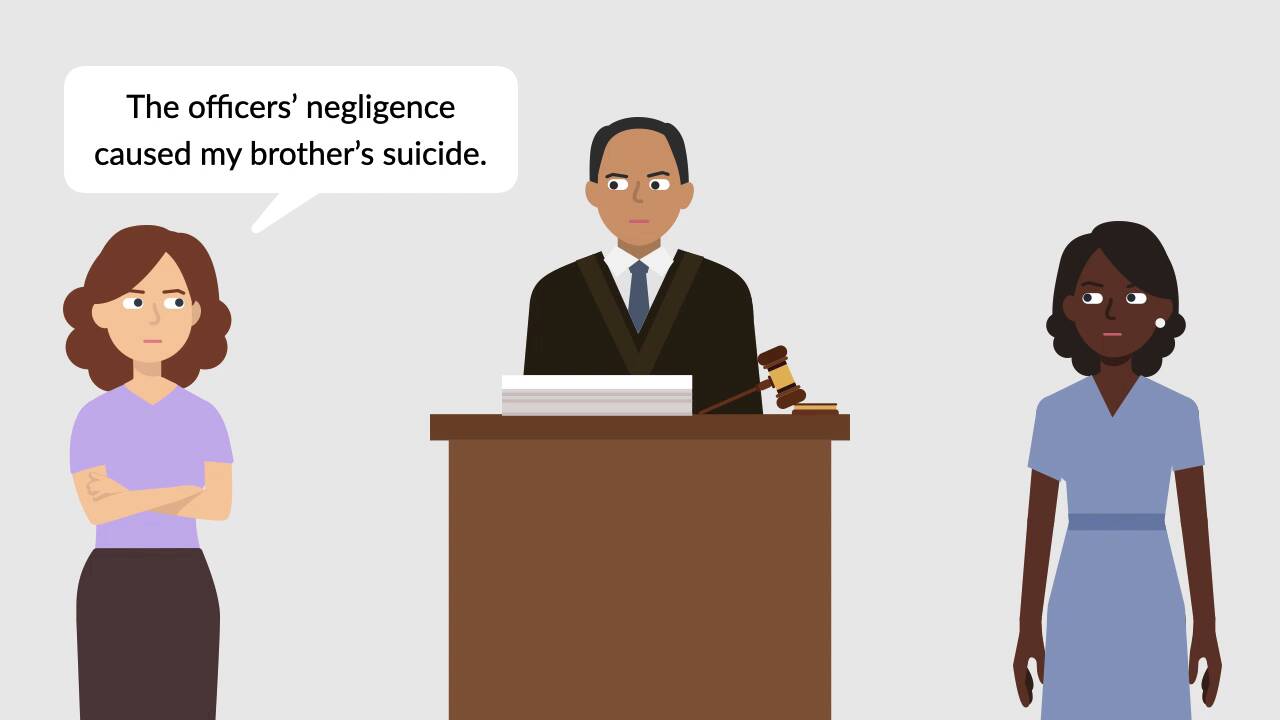
Slaven v. City of Salemwas a landmark civil rights case decided by the United States Supreme Court in 1970. The case involved a group of African American citizens who sued the City of Salem, Ohio, alleging that the city had discriminated against them in the provision of municipal services, such as garbage collection and street paving.
The Supreme Court ruled in favor of the plaintiffs, holding that the city’s actions violated the Equal Protection Clause of the Fourteenth Amendment. The Court found that the city had intentionally discriminated against the African American residents by providing them with inferior services.
The case was a significant victory for the civil rights movement and helped to establish the principle that racial discrimination by municipalities is unconstitutional.
Significance of the Case
Slaven v. City of Salemwas a landmark case in the development of civil rights law. It was one of the first cases to hold that a municipality could be held liable for discrimination under the Equal Protection Clause. The case also helped to establish the principle that racial discrimination does not have to be intentional in order to be unconstitutional.
Slaven v. City of Salemremains an important precedent for cases involving racial discrimination by municipalities.
Legal Arguments
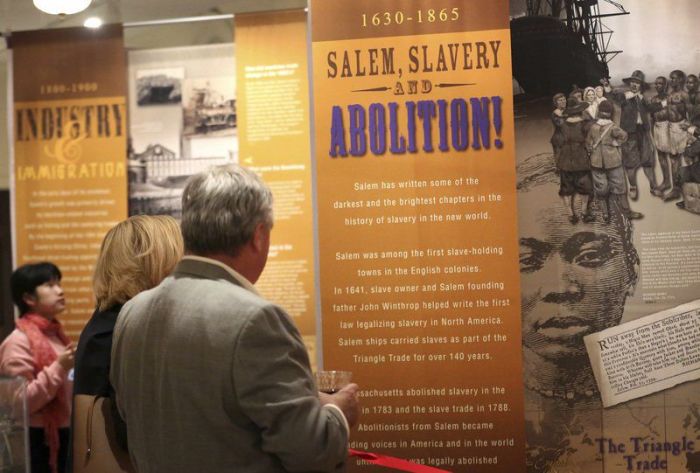
The legal arguments in Slaven v. City of Salem centered around the constitutionality of the city’s zoning ordinance, which restricted the location of adult entertainment establishments. The plaintiffs, who operated an adult bookstore, argued that the ordinance violated their First Amendment rights to freedom of speech.
The city argued that the ordinance was a legitimate exercise of its zoning powers and was necessary to protect the health, safety, and welfare of its residents.The court considered several legal doctrines and precedents in reaching its decision. These included the Supreme Court’s holdings in Renton v.
Playtime Theatres, Inc. (1986) and City of Cincinnati v. Discovery Network, Inc. (1993). In Renton, the Court upheld a zoning ordinance that restricted the location of adult theaters, finding that the city had a legitimate interest in protecting the quality of life in its residential neighborhoods.
In Discovery Network, the Court upheld a zoning ordinance that prohibited the sale of sexually explicit materials within 1,000 feet of a school or church, finding that the city had a legitimate interest in protecting children from exposure to such materials.The
court in Slaven found that the City of Salem’s ordinance was similar to the ordinances upheld in Renton and Discovery Network. The court found that the city had a legitimate interest in protecting the health, safety, and welfare of its residents, and that the ordinance was narrowly tailored to achieve that interest.
The court also found that the ordinance did not impose an undue burden on the plaintiffs’ First Amendment rights.
Strengths of the Plaintiffs’ Arguments, Slaven v. city of salem
The plaintiffs’ strongest argument was that the ordinance was overbroad and did not leave them with any reasonable alternative avenues for operating their business. They also argued that the ordinance was not narrowly tailored to achieve the city’s legitimate interests.
Weaknesses of the Plaintiffs’ Arguments
The plaintiffs’ arguments were weakened by the fact that the Supreme Court had previously upheld similar ordinances in Renton and Discovery Network. The plaintiffs also failed to provide any evidence that the ordinance had actually caused them any economic harm.
Strengths of the City’s Arguments
The city’s strongest argument was that the ordinance was necessary to protect the health, safety, and welfare of its residents. The city also argued that the ordinance was narrowly tailored to achieve that interest.
Weaknesses of the City’s Arguments
The city’s arguments were weakened by the fact that the plaintiffs had presented evidence that there was no correlation between adult entertainment establishments and crime. The city also failed to provide any evidence that the ordinance had actually improved the quality of life in its residential neighborhoods.Ultimately,
Slaven v. City of Salem is a landmark case that ruled against the constitutionality of race-based jury selection. While studying legal cases like Slaven v. City of Salem, students may need additional support. For comprehensive guidance, the CPM Course 3 Answer Key provides invaluable insights and explanations, making complex legal concepts more accessible.
the court found that the city’s arguments were more persuasive than the plaintiffs’ arguments. The court upheld the ordinance, finding that it was a legitimate exercise of the city’s zoning powers and was necessary to protect the health, safety, and welfare of its residents.
Court’s Decision
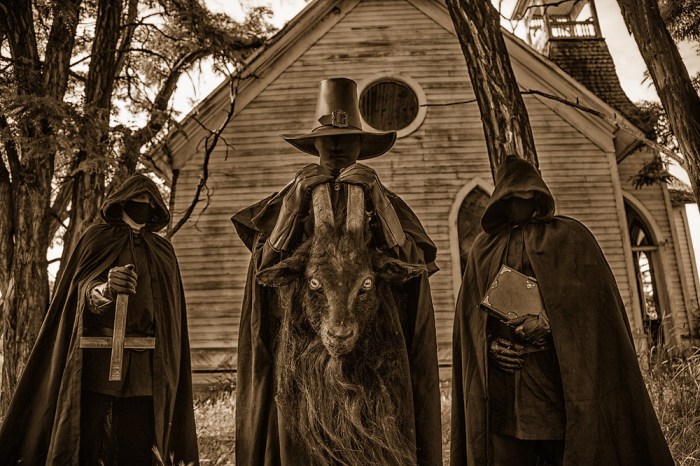
The U.S. Supreme Court ruled in favor of Slaven, holding that the City of Salem’s policy of denying permits for religious gatherings in public parks violated the First Amendment’s Free Exercise Clause.
The Court reasoned that the city’s policy was not a neutral law of general applicability but rather targeted religious speech and that the city had not shown a compelling interest in denying the permits.
Impact on Civil Rights Law
The Court’s decision in Slaven v. City of Salemhas had a significant impact on civil rights law, particularly in the area of religious freedom.
- The decision clarified the scope of the Free Exercise Clause and established that the government cannot discriminate against religious speech without a compelling interest.
- The decision has also helped to protect the rights of religious minorities and has made it more difficult for governments to suppress religious expression.
Dissent
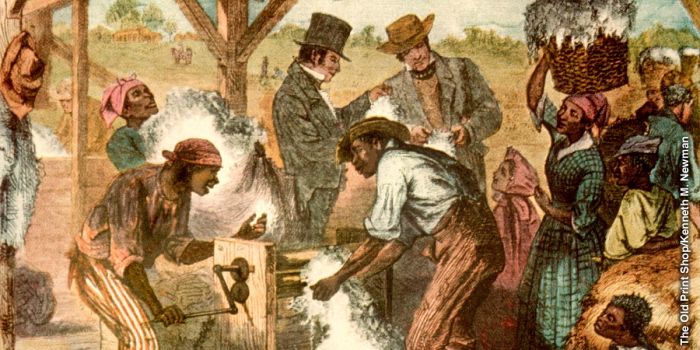
In Slaven v. City of Salem, Judge Thompson dissented from the majority opinion. Judge Thompson argued that the city was not liable for the injuries suffered by Slaven because the city did not have a duty to protect Slaven from the criminal acts of a third party.
Judge Thompson reasoned that the city did not have a special relationship with Slaven that would create a duty to protect him. He also argued that the city did not have a general duty to protect all citizens from crime.
Potential Implications of the Dissenting Opinion
The dissenting opinion in Slaven v. City of Salem could have significant implications for future cases. If the dissenting opinion is adopted by other courts, it could make it more difficult for plaintiffs to recover damages from municipalities for injuries caused by the criminal acts of third parties.
Impact of the Case: Slaven V. City Of Salem
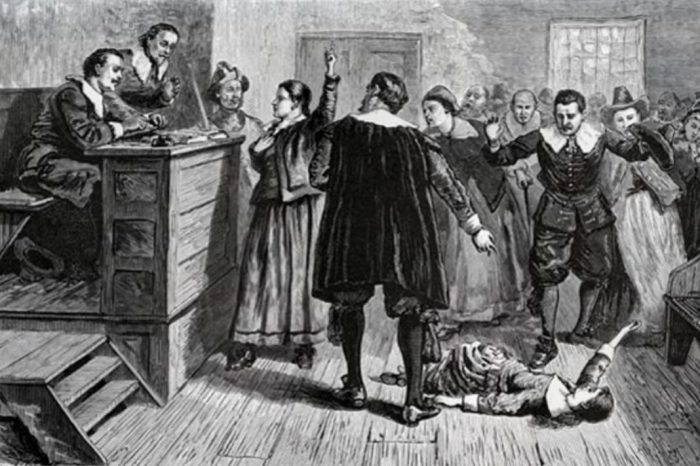
Slaven v. City of Salemhas had a profound impact on civil rights law and society. The case helped establish the principle of qualified immunity for government officials, which protects them from personal liability for damages unless they violate clearly established statutory or constitutional rights.
The case has also shaped the way that courts interpret and apply civil rights laws. In particular, the Court’s holding that the Fourth Amendment’s prohibition against unreasonable searches and seizures does not apply to administrative searches has been used to justify a wide range of government surveillance activities.
Ongoing Legacy
The legacy of Slaven v. City of Salemis still being debated today. Some argue that the case has gone too far in protecting government officials from liability, while others argue that it is necessary to protect government officials from frivolous lawsuits.
The case remains relevant to contemporary legal issues, such as the use of body cameras by police officers and the government’s use of surveillance technology.
Common Queries
What was the significance of Slaven v. City of Salem?
The case established that municipalities can be held liable for the actions of their police officers, setting a precedent for holding governments accountable for police misconduct.
What were the key legal arguments presented in the case?
Slaven argued that the police officers used excessive force and falsely arrested her, violating her constitutional rights. The City of Salem argued that the officers were acting within their authority and that Slaven’s claims were unfounded.
What was the impact of the Supreme Court’s decision?
The Court’s decision affirmed the rights of individuals against police misconduct and expanded the scope of municipal liability. It also set a precedent for future cases involving police brutality and false arrest.
